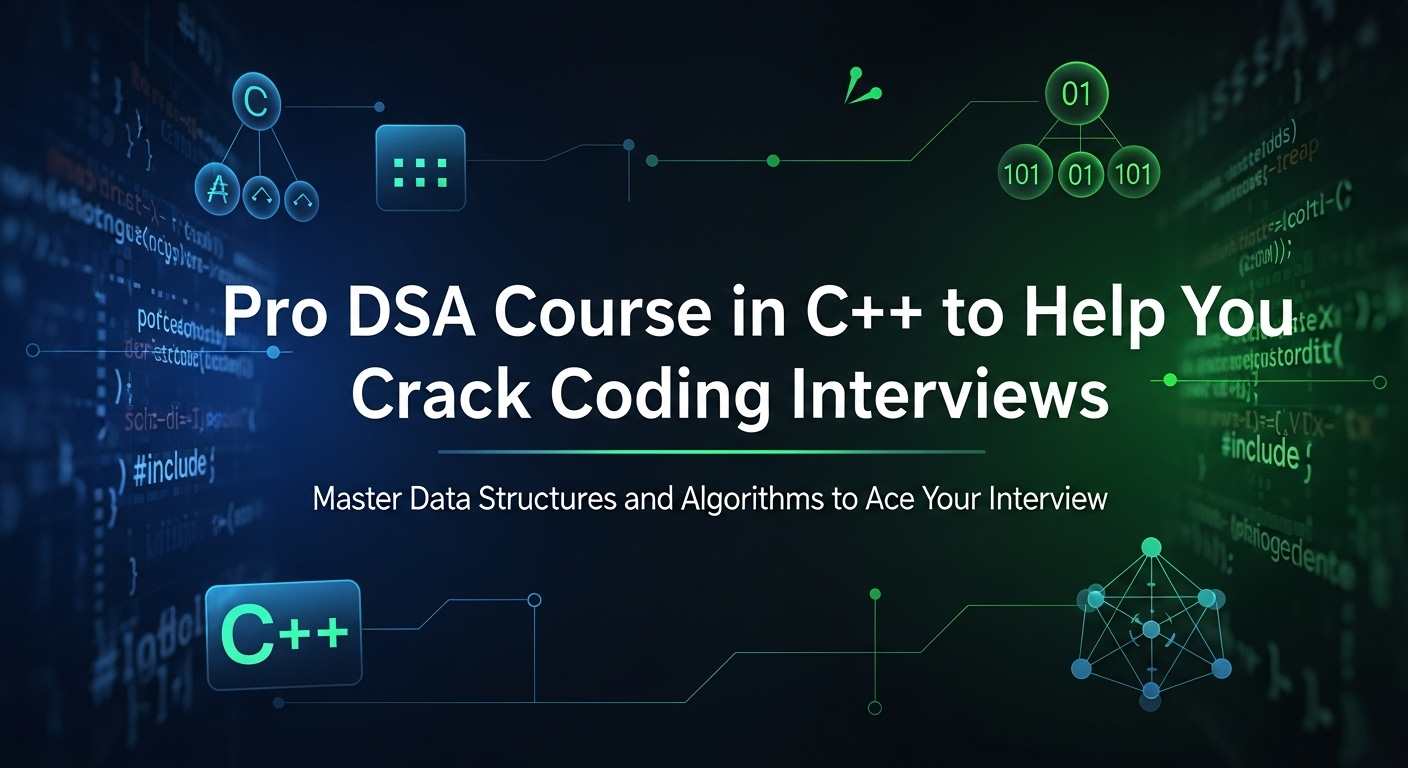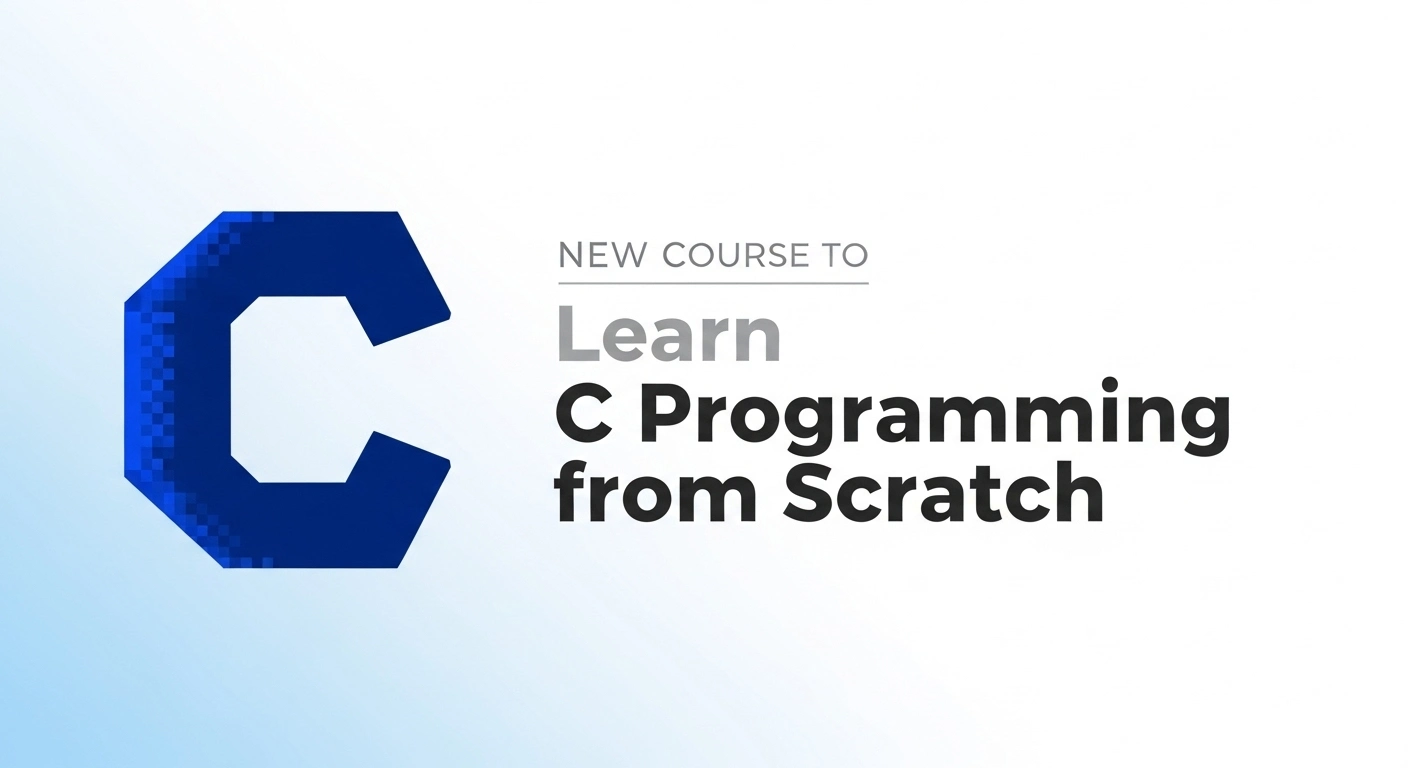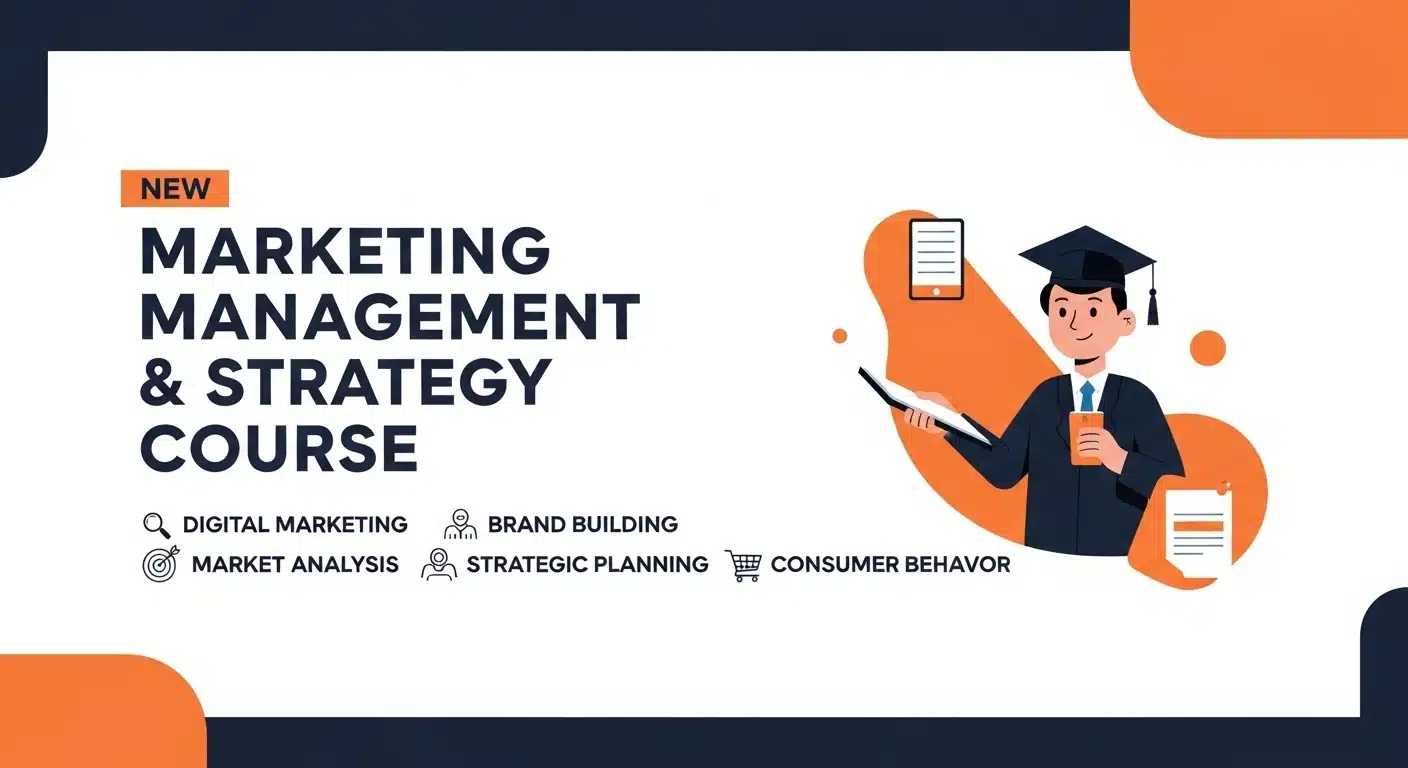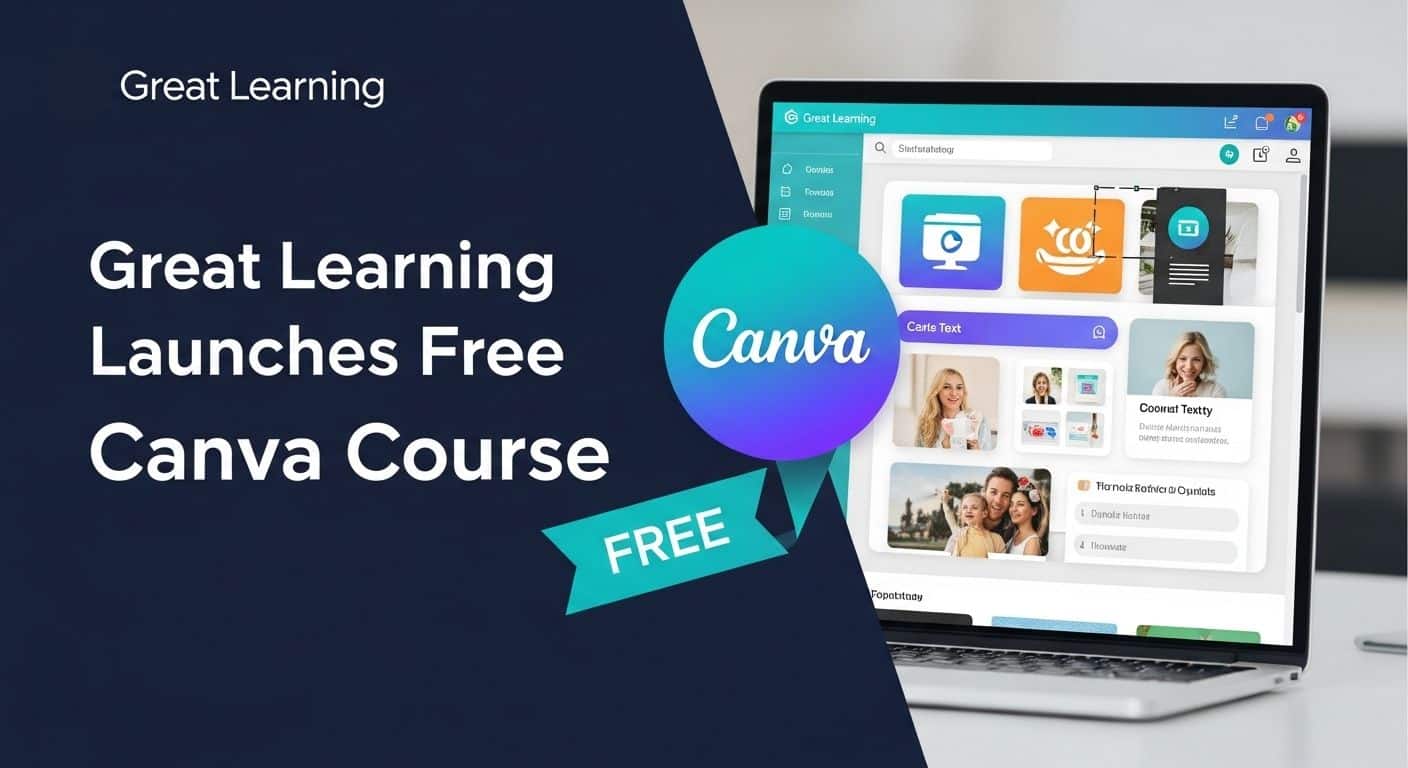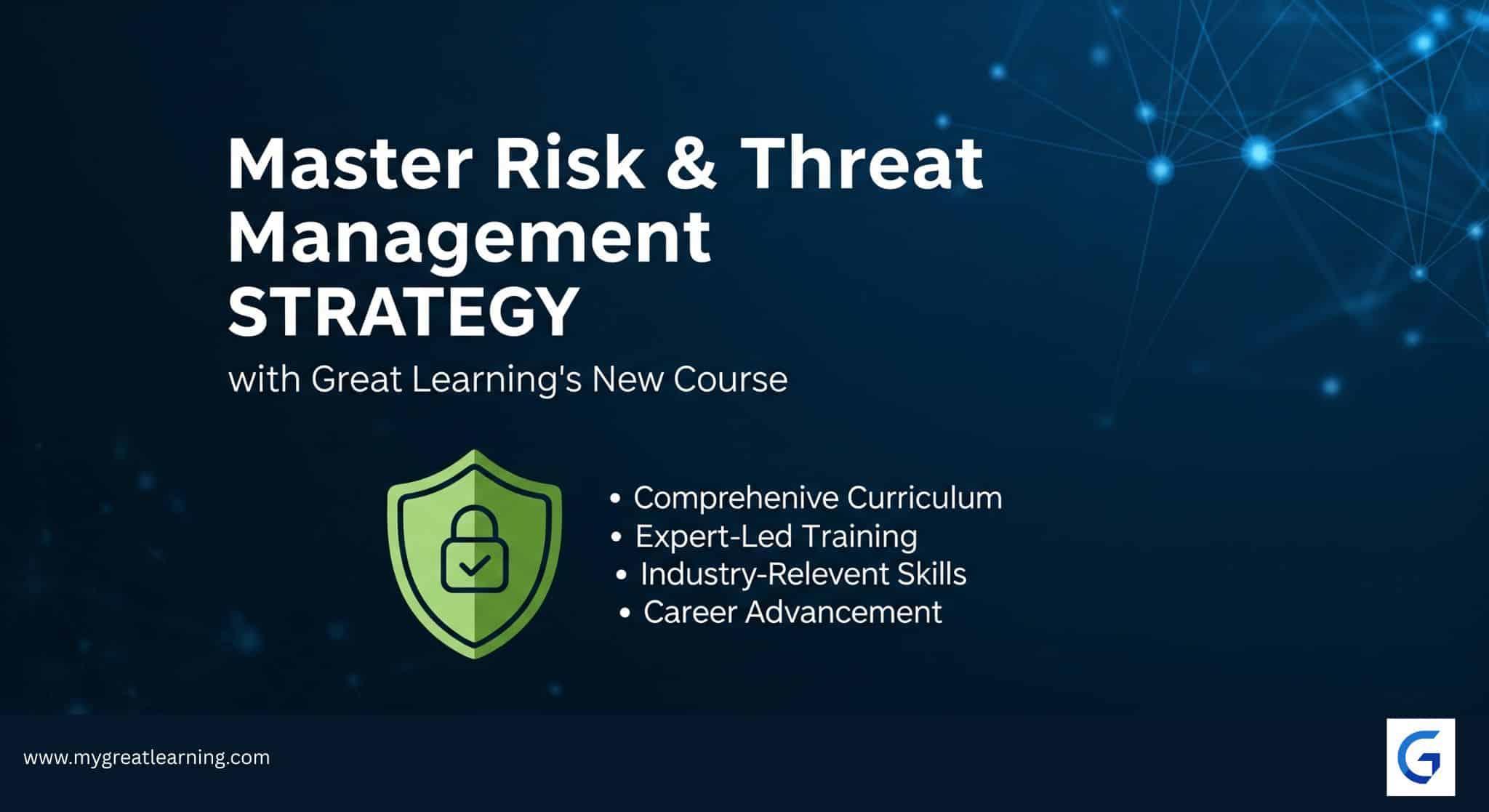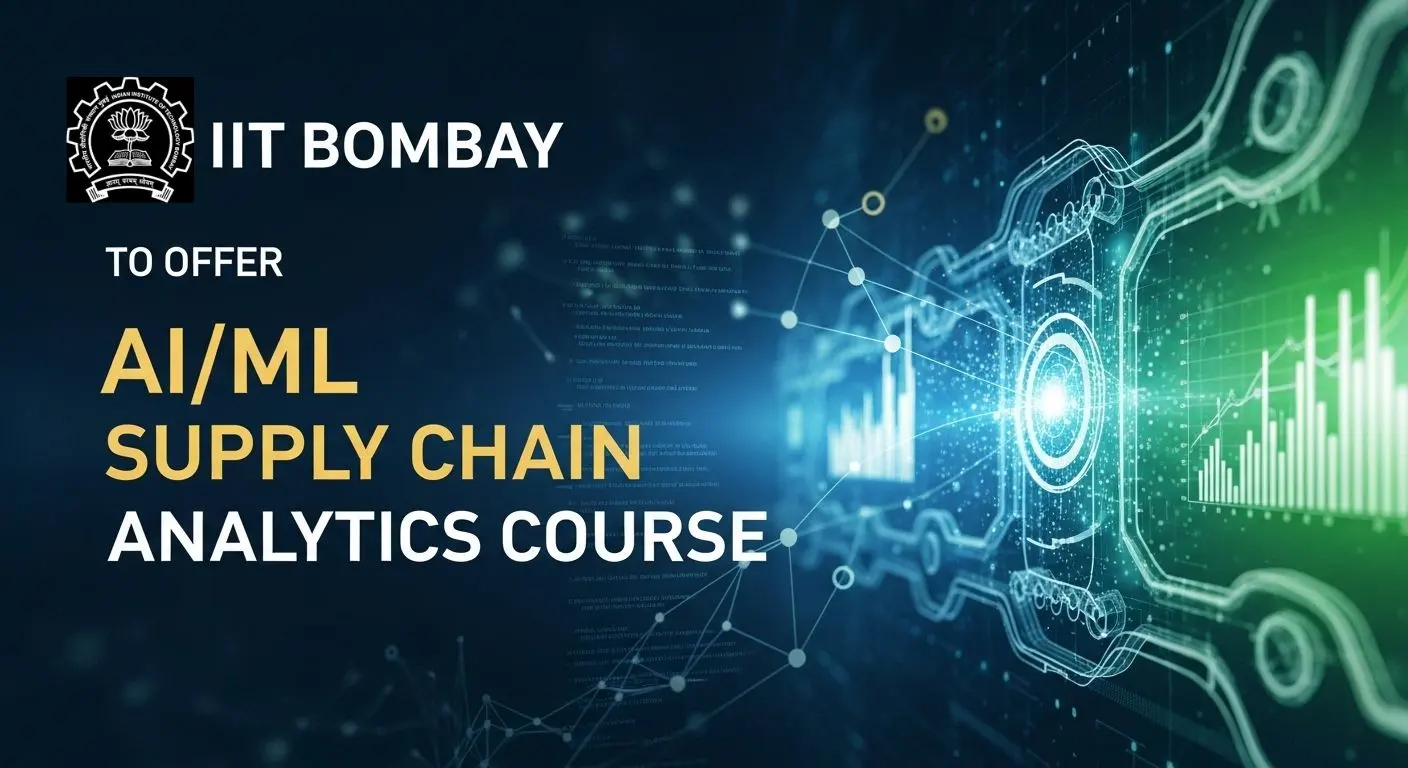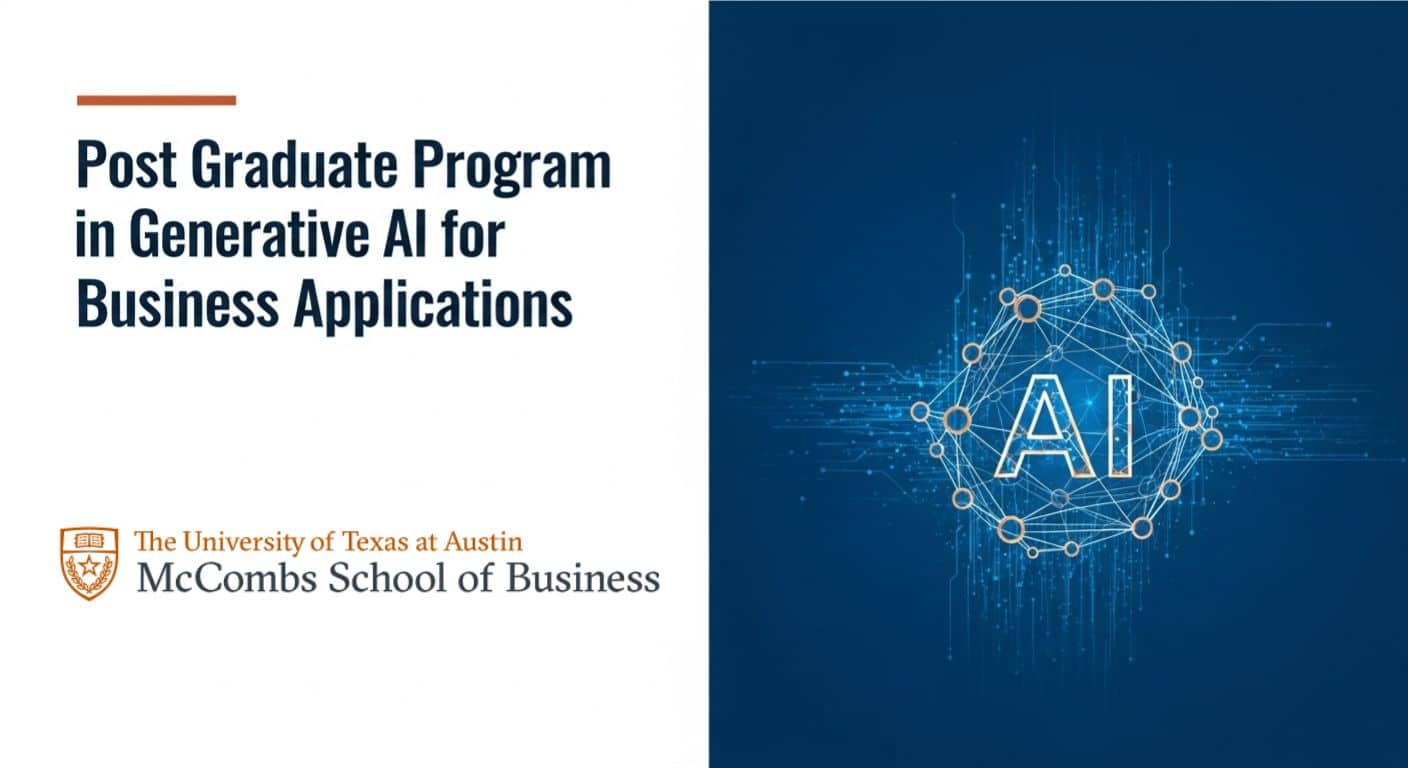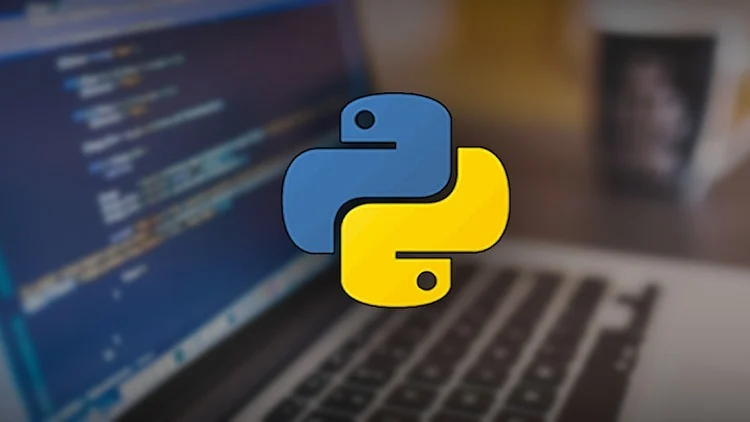Whether you're a student preparing for placements, a professional aiming to switch to software development, or an enthusiast of clean, logical coding, this course is tailored for you.
What are Data Structures and Algorithms (DSA) in C++?
Data Structures are means of storing and organizing information in a way that makes it efficient to retrieve it and modifications efficient to make.
Algorithms are methods of solving problems using data structures. Learning data structures and algorithms in C++ gives you an advantage, as you are more aware of memory and performance (critical for time-sensitive applications).
C++ is the dominant language for competitive programming, system programming, and game development. Most industry experts and hiring managers agree that mastering DSA in C++ is the gold standard.
What Will You Learn From This Course?
This course is not just about definitions and syntax. It’s designed to develop your logic, teach you problem-solving approaches, and prepare you for real-world challenges.
C++ Data Structures and Algorithms Course Course
Master DSA (Data Structures and Algorithms) with C++. Build coding skills in arrays, trees, graphs, heaps, sorting, searching, hashing, and algorithm analysis for interviews.
You will gain:
- Strong coding skills through real-world problems
- Algorithmic thinking and optimized solutions
- Confidence to tackle interviews at top-tier companies
- Understanding of the Standard Template Library (STL) for efficient coding
Skills Covered:
- Big O Time & Space Complexity
- Array Manipulation Techniques
- Linked Lists (Single, Double, Circular)
- Stack & Queue Implementations
- Hashing and HashMaps
- Recursion and Backtracking
- Searching & Sorting Algorithms
- Tree Traversals and Binary Search Trees
- Graph Algorithms (BFS, DFS, Union-Find)
- Dynamic Programming Patterns
- STL Containers: Vectors, Maps, Sets, Queues
Who Should Enroll?
This course is ideal for:
- College students preparing for campus placements and internships
- Freshers seeking to build strong fundamentals for interviews
- Working professionals looking to upskill or transition into tech roles
- Competitive programming aspirants preparing for coding contests
- Anyone wanting to become a confident problem-solver using C++
Course Duration and Format
- Total Duration: 9.17 hours
- Mode: 100% Online
- Format: Pre-recorded videos, quizzes, coding assignments
- Learning Style: Self-paced
- Access: Lifetime
- Certificate: Yes, Certificate of Completion available
Course Curriculum (Detailed Modules Overview)
- Module 1: Programming Fundamentals in C++
- Variables, Loops, Conditionals, Input/Output handling, Writing your first program
- Module 2: Time & Space Complexity
- Introduction to complexity analysis, Best, Worst, and Average Case analysis
- Module 3: Arrays and Strings
- Two-pointer approach, Sliding window problems, Character frequency manipulations
- Module 4: Linked Lists
- Singly & Doubly Linked Lists, Insertion, Deletion, Reversal, Cycle detection
- Module 5: Stack & Queue
- Implementation with arrays/linked lists, Infix/Prefix/Postfix conversions, Real-world problems
- Module 6: Searching and Sorting
- Binary Search, Merge Sort, Quick Sort, Heap Sort
- Module 7: Trees & Binary Search Trees (BST)
- DFS/BFS Traversals, Height, Diameter, BST Insertion/Deletion
- Module 8: Graphs
- Adjacency Matrix vs List, BFS, DFS, Cycle detection, Dijkstra’s, Topological Sort
- Module 9: Recursion and Backtracking
- Recursion tree, N-Queens, Sudoku Solver, Subset problems
- Module 10: Dynamic Programming
- Memoization vs Tabulation, LIS, 0/1 Knapsack, Matrix Chain Multiplication
- Module 11: STL & Problem-Solving Tricks
- Efficient usage of vectors, maps, sets, Sorting with custom comparators
Related Free Courses to Build Your Base Before Jumping In
If you're just starting out or need a refresher on basics, check out these free foundational courses from Great Learning Academy:
C++ Tutorial (Free Course)
This beginner course that will cover the syntax of C++, data types, conditional statements, loops, functions, and object oriented programming concepts. It is a course for people who have never programmed before.
Introduction to C (Free Course)
This course is a primer on C programming, covering arrays, strings, pointers, and memory management, a great way to understand how low-level operations work before jumping to C++.
FAQs
Q: Is the “Data Structures and Algorithms with C++” course free?
A: No, it is a paid course. But you can explore and do some of the relevant related free C and C++ courses to gain some first experience.
Q: Do I get a certificate with the pro course?
A: Yes you will receive a Certificate of Completion from Great Learning Academy upon successful completion of the course.
Q: How long does it take to complete the course?
A: The course is self-paced so take as long as you need, however, most students complete it in 6–8 weeks with a commitment level from 4–6 hours a week.
Q: Will this course prepare me for coding interviews?
A: Absolutely the course was made for this very purpose - to prepare learners with the skills they need to complete coding assessments and technical interviews with top tech companies.
Q: Is this beginner-friendly?
A: Yes, the course covers everything from basic syntax to advanced DSA concepts. If you are a complete beginner - I suggest doing one of the free C or C++ courses first before attempting this course.
